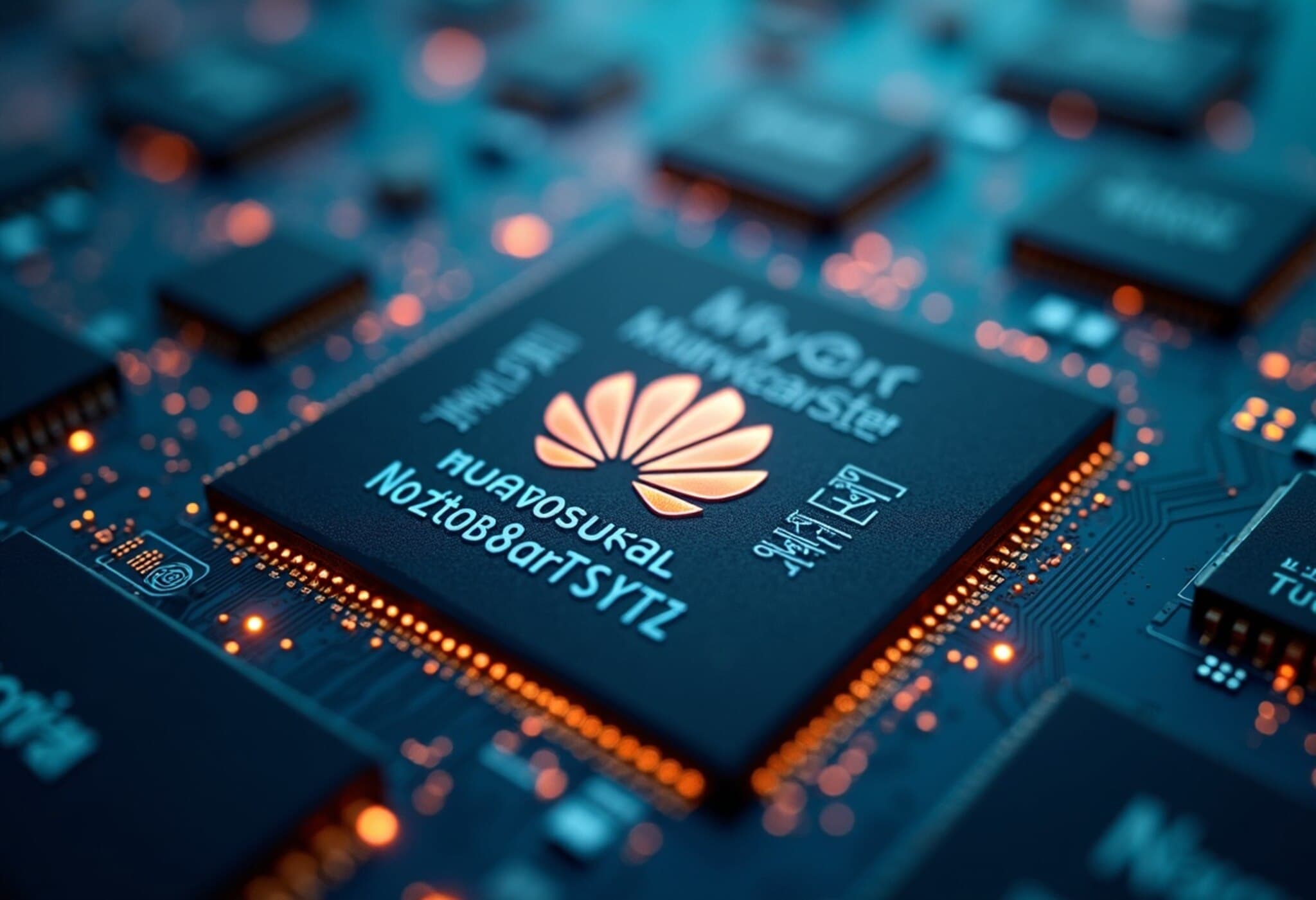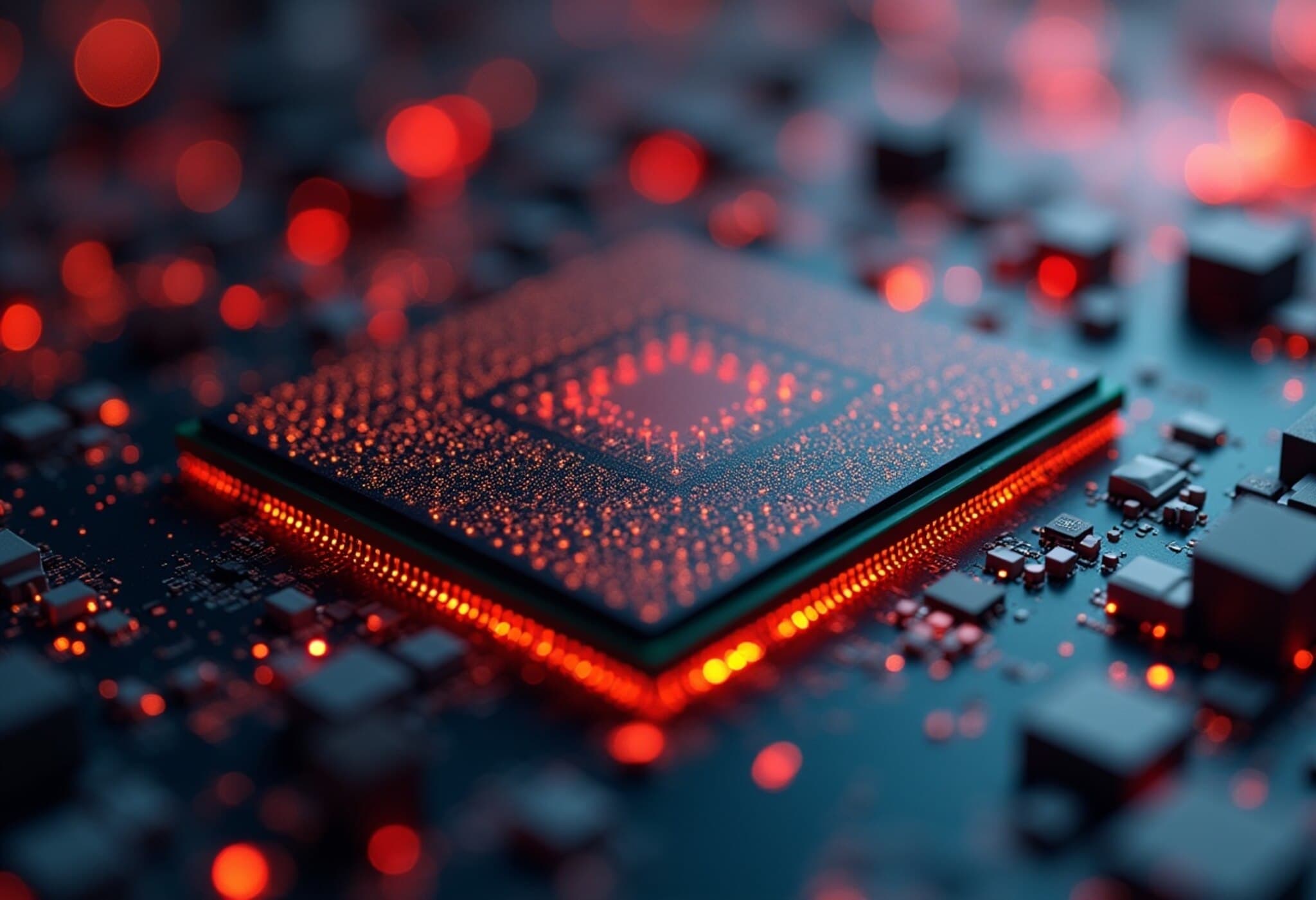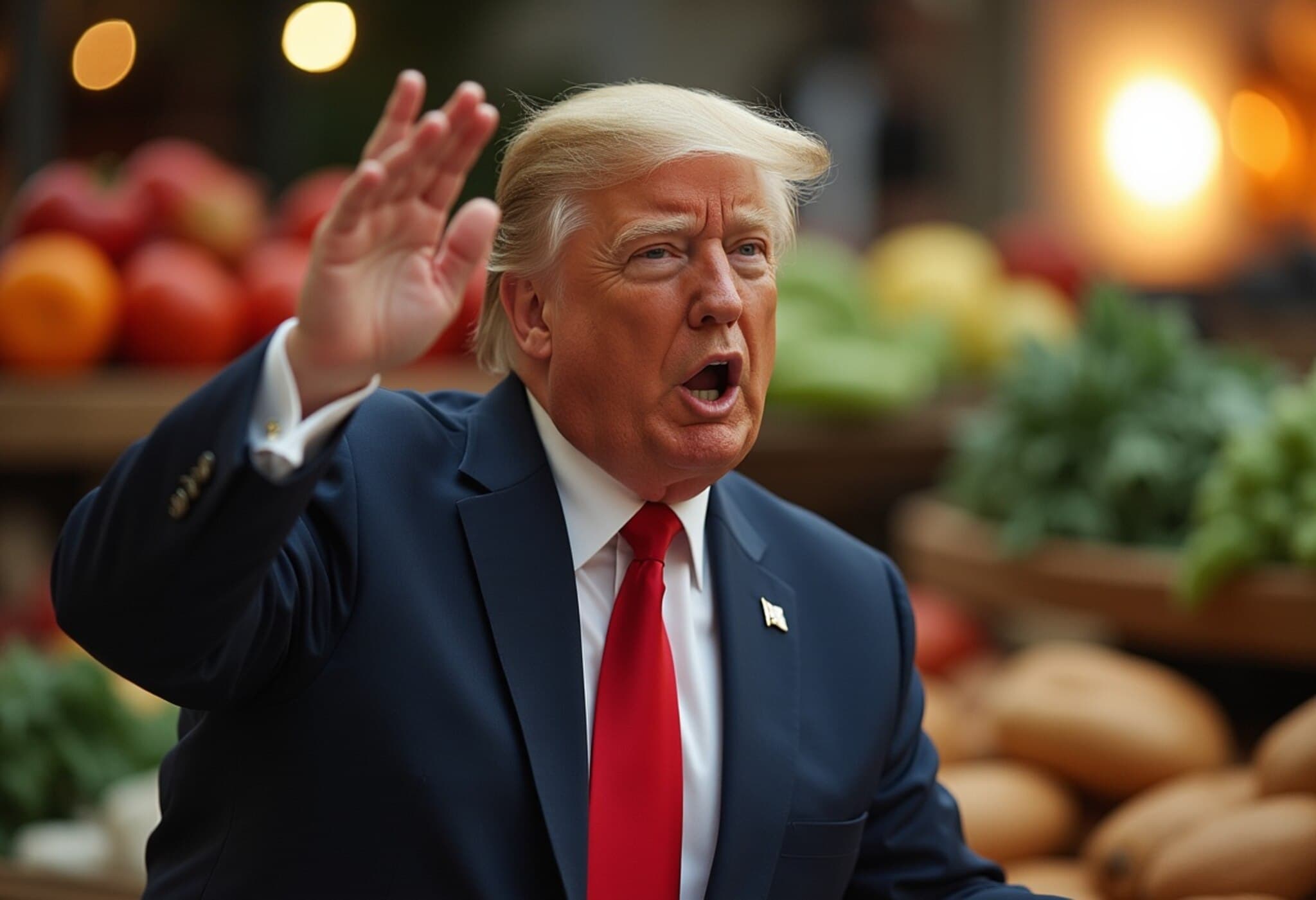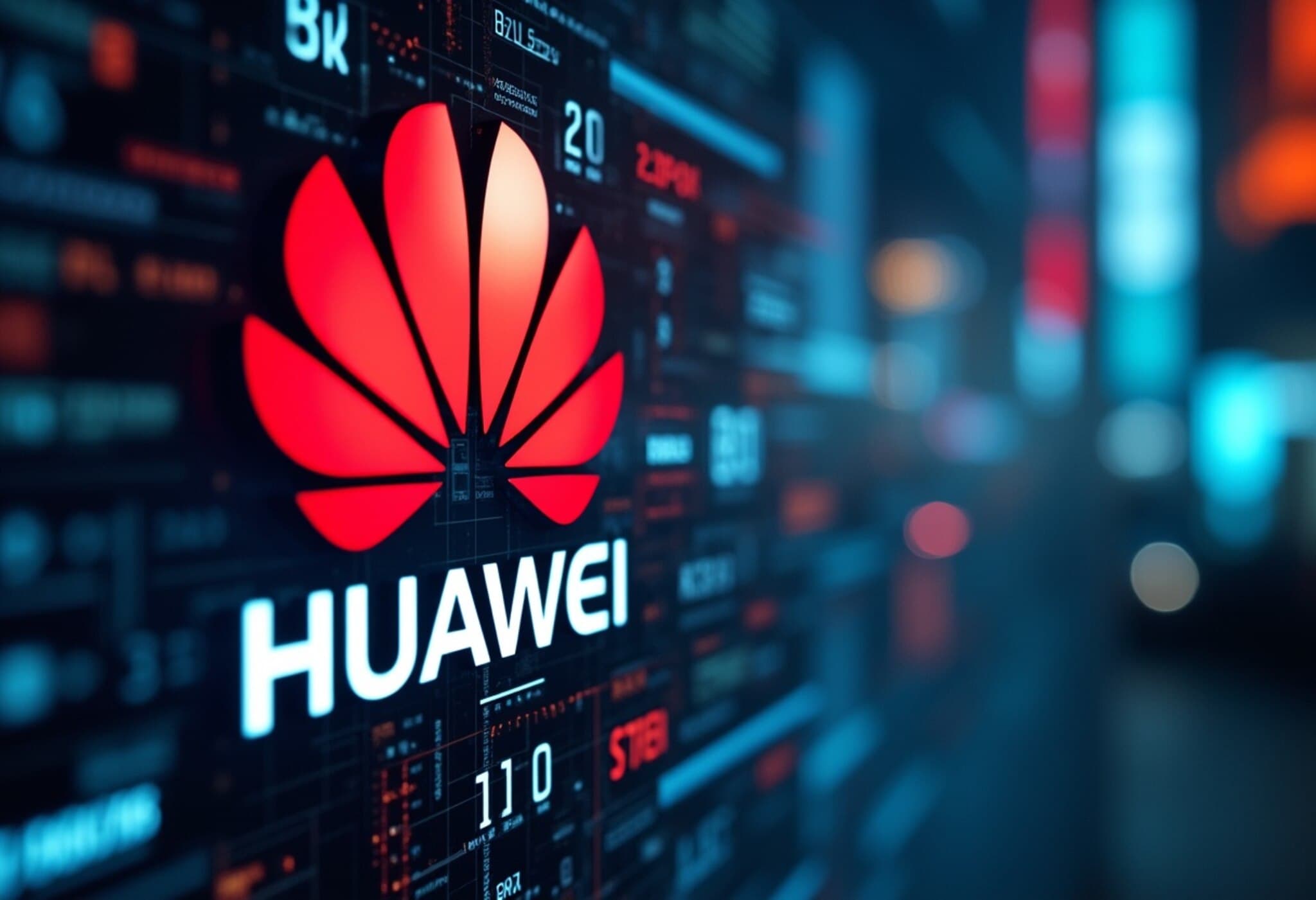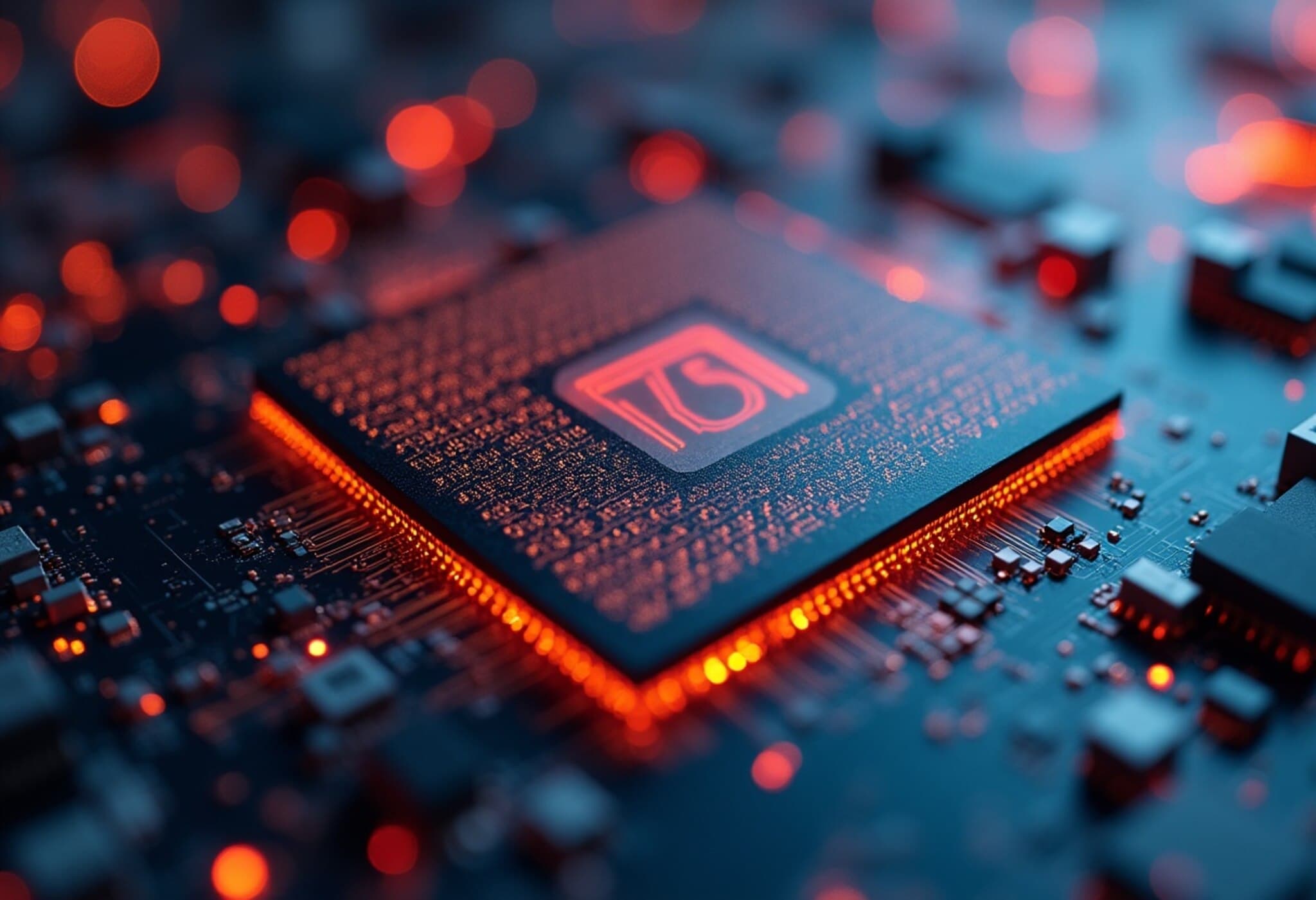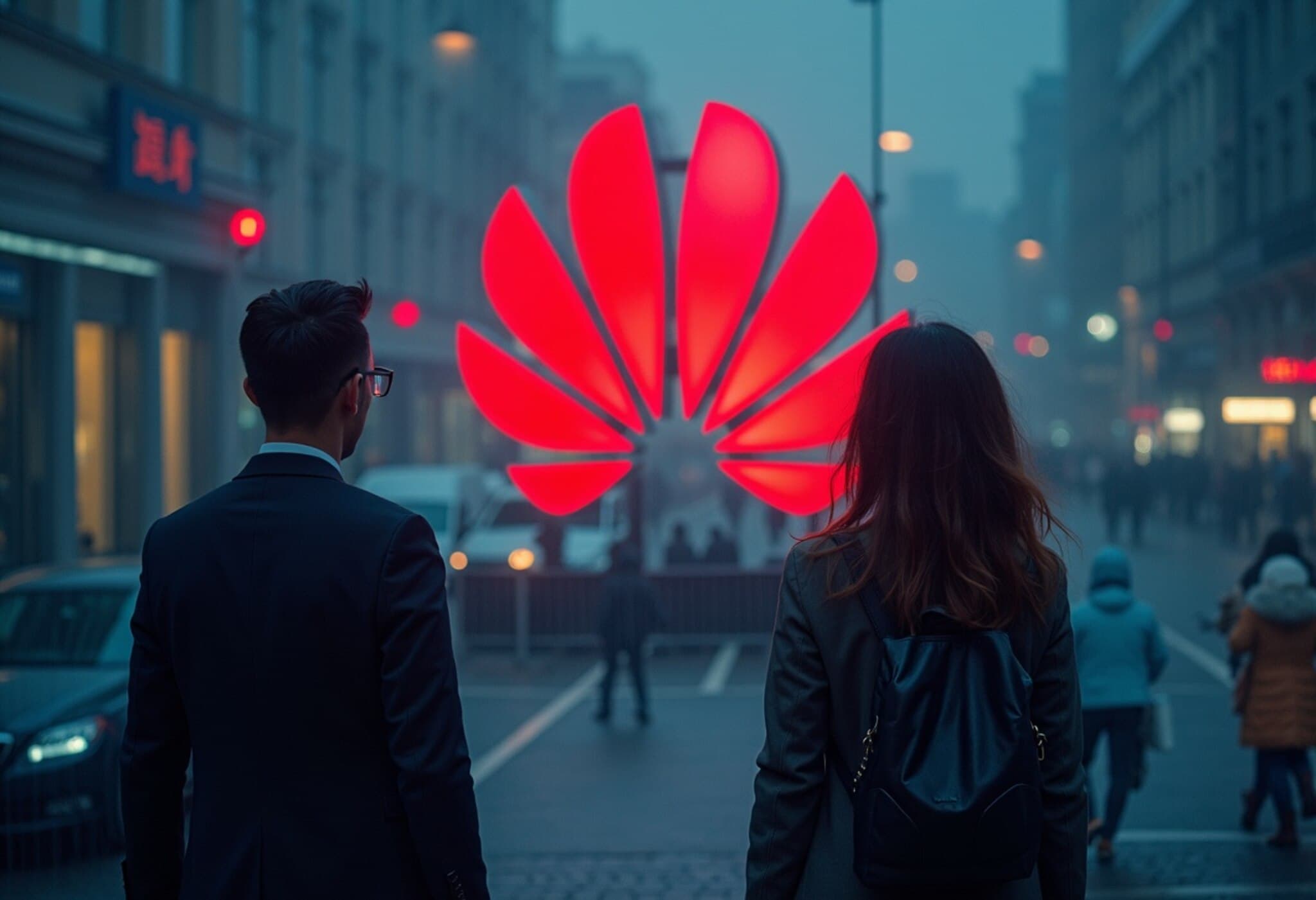Taiwan Joins US in Blacklisting Huawei and SMIC Amid Rising Tensions
Taiwan has officially added China's tech giants Huawei and Semiconductor Manufacturing International Corporation (SMIC) to its strategic high-tech commodity blacklist, further syncing its trade policies with those of the United States. This move comes during escalating geopolitical friction with Beijing, reflecting Taiwan’s intent to closely monitor and regulate technology exports to entities associated with China’s semiconductor sector.
New Licensing Requirements and Strengthened Controls
The International Trade Administration of Taiwan now mandates that local companies obtain government licenses before exporting products to Huawei, SMIC, and their numerous subsidiaries. This regulatory update aligns with existing U.S. restrictions that have severely limited these companies’ access to advanced semiconductor components.
Taiwan's renowned contract chipmaker, Taiwan Semiconductor Manufacturing Company (TSMC), has already been adhering to U.S. export controls. Experts suggest the expanded blacklist is aimed at closing loopholes and tightening enforcement, potentially increasing penalties for violations in the future.
Industry Impact and Prior Controversies
Last year, controversy arose when a Huawei artificial intelligence training card was found to contain a chip manufactured by TSMC, sparking concerns about compliance. This discovery prompted the U.S. Commerce Department to order TSMC to cut off Chinese customers' access to chips used in AI applications, and the company now faces a possible $1 billion penalty for alleged violations.
Huawei's progress in AI chip development has been hampered by these export controls and the limitations of China's domestic semiconductor industry. Nonetheless, Huawei managed to source several million GPU dies from TSMC through previously undetected loopholes, highlighting the challenges in enforcing such regulations.
Geopolitical Context and Taiwan’s Strategic Position
This crackdown coincides with heightened geopolitical tensions as China asserts its claim over Taiwan and conducts military drills near the island. The U.S. has reiterated its commitment to Taiwan’s security, underscoring the strategic importance of semiconductor technologies in the ongoing rivalry.
Chinese political leadership continues to push for reunification with Taiwan, viewing the island as part of its territory. Taiwan’s alignment with U.S. trade policy signals its firm stance on safeguarding its technological edge and maintaining control over critical technology flows amid these geopolitical challenges.
Key Takeaways
- Taiwan officially blacklists Huawei and SMIC, requiring export licenses for domestic firms.
- The move parallels U.S. export restrictions designed to limit China’s access to advanced semiconductors.
- TSMC faces scrutiny over prior chip sales to Huawei, with possible significant penalties.
- Heightened geopolitical tensions influence Taiwan’s trade and technology policies.
This development marks an important step in the broader effort to regulate semiconductor supply chains amid complex international relations.

